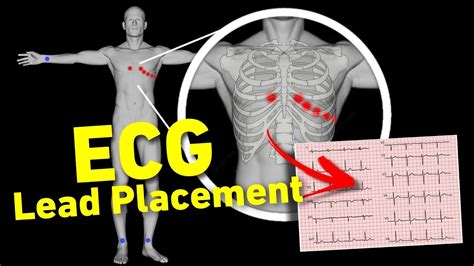Intro
Discover the Top 5 Patient Care Technician Job Duties, including vital sign monitoring, patient transportation, and medical record management. Explore the key responsibilities of a PCT, from providing emotional support to assisting with medical procedures. Learn about the daily tasks and skills required to excel in this rewarding healthcare role.
As a vital member of the healthcare team, a patient care technician (PCT) plays a crucial role in ensuring the well-being and comfort of patients. PCTs work closely with nurses, doctors, and other healthcare professionals to provide high-quality patient care. In this article, we will explore the top 5 patient care technician job duties and what it takes to excel in this rewarding career.

Job Duty #1: Vital Signs and Health Monitoring
One of the primary responsibilities of a PCT is to take and record patients' vital signs, such as temperature, blood pressure, pulse, oxygen saturation, and respiratory rate. They also monitor patients' health status, reporting any changes or concerns to the nursing staff. This includes observing patients' physical condition, mental state, and behavior, and documenting any notable changes.
Key Skills:
- Accurate measurement and recording of vital signs
- Observation and reporting of patients' health status
- Effective communication with patients and healthcare team members
Job Duty #2: Assisting with Daily Living Activities
PCTs help patients with daily living activities, such as bathing, dressing, grooming, and using the bathroom. They also assist with feeding, ambulation, and transferring patients to and from beds, wheelchairs, or stretchers. This requires a gentle and compassionate approach, as well as the ability to maintain patients' dignity and independence.

Key Skills:
- Gentle and compassionate care
- Ability to maintain patients' dignity and independence
- Effective communication and teamwork
Job Duty #3: Phlebotomy and Specimen Collection
PCTs are responsible for collecting blood samples and other bodily fluids for laboratory testing. This requires a thorough understanding of phlebotomy techniques, as well as the ability to follow strict infection control protocols. They must also label and transport specimens to the laboratory, ensuring accurate and timely test results.
Key Skills:
- Phlebotomy techniques and infection control protocols
- Accurate labeling and transportation of specimens
- Attention to detail and organizational skills
Job Duty #4: ECG and Other Diagnostic Tests
PCTs perform electrocardiograms (ECGs) and other diagnostic tests, such as pulse oximetry and respiratory therapy. They must also prepare patients for these tests, explaining the procedures and providing reassurance as needed. This requires a calm and professional demeanor, as well as the ability to follow test protocols and operate medical equipment.

Key Skills:
- ECG and other diagnostic test procedures
- Patient preparation and reassurance
- Operation of medical equipment and attention to detail
Job Duty #5: Maintaining a Safe and Clean Environment
PCTs are responsible for maintaining a safe and clean environment for patients, including cleaning and disinfecting equipment, supplies, and patient areas. They must also follow infection control protocols, reporting any concerns or hazards to the nursing staff. This requires attention to detail, a commitment to patient safety, and the ability to work effectively in a fast-paced environment.
Key Skills:
- Infection control protocols and patient safety
- Cleaning and disinfecting equipment and patient areas
- Attention to detail and effective communication

In conclusion, patient care technicians play a vital role in ensuring the well-being and comfort of patients. By mastering the top 5 job duties outlined above, PCTs can provide high-quality patient care, work effectively as part of a healthcare team, and advance their careers in this rewarding field.
We invite you to share your thoughts and experiences as a patient care technician or healthcare professional. What do you think are the most important skills and qualities for a PCT to possess? Share your comments below!
What is the typical salary range for a patient care technician?
+The salary range for patient care technicians varies depending on location, employer, and level of experience. However, according to the Bureau of Labor Statistics, the median annual salary for nursing assistants, including PCTs, was $30,830 in May 2020.
Do patient care technicians need to be certified?
+While certification is not always required, it is highly recommended. The National Healthcareer Association (NHA) offers certification for patient care technicians, which demonstrates expertise and commitment to the profession.
What are the educational requirements for a patient care technician?
+Typically, patient care technicians complete a post-secondary certificate or diploma program in patient care technology or a related field. These programs usually take 12-18 months to complete and include both classroom and clinical training.
